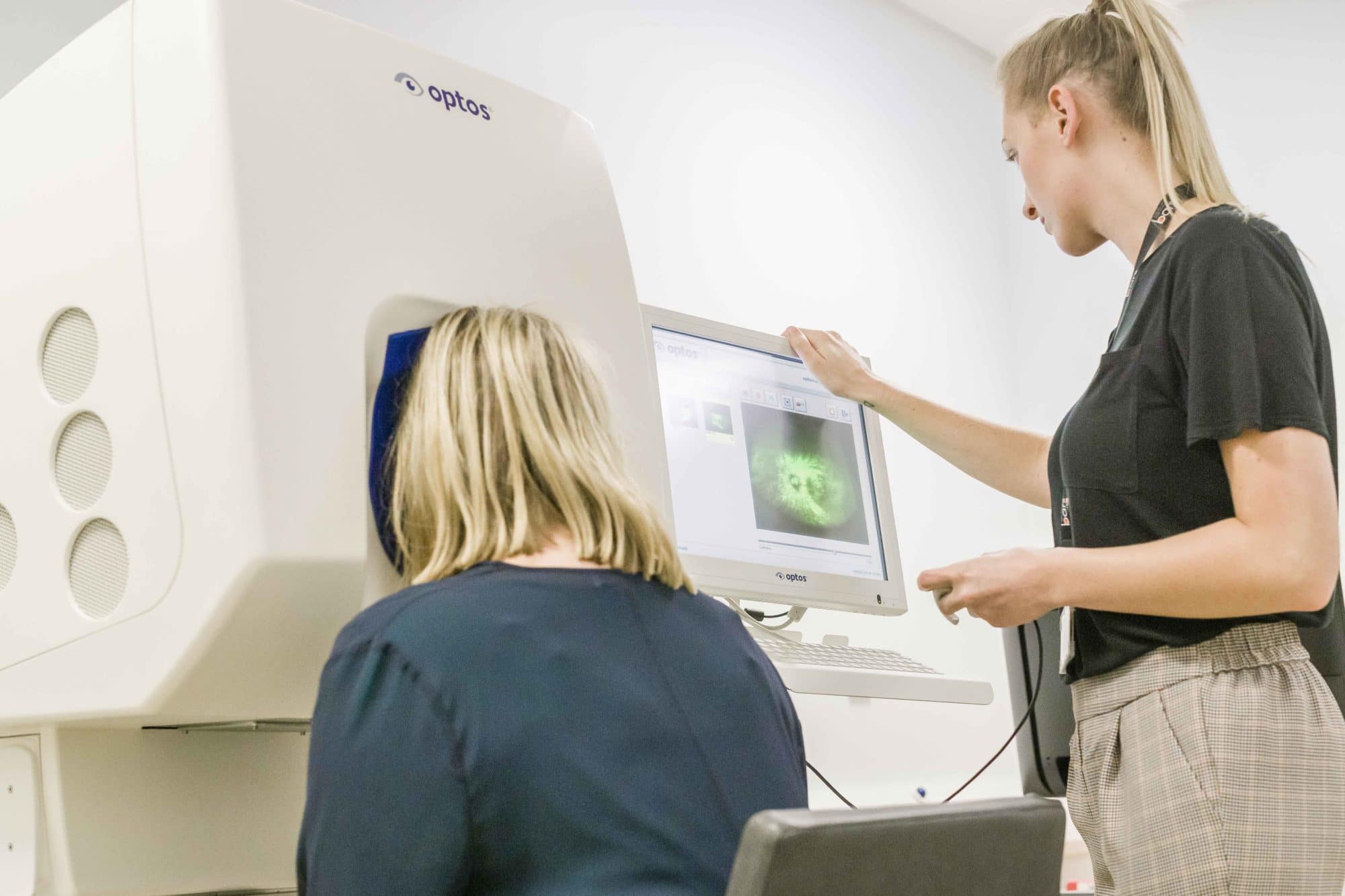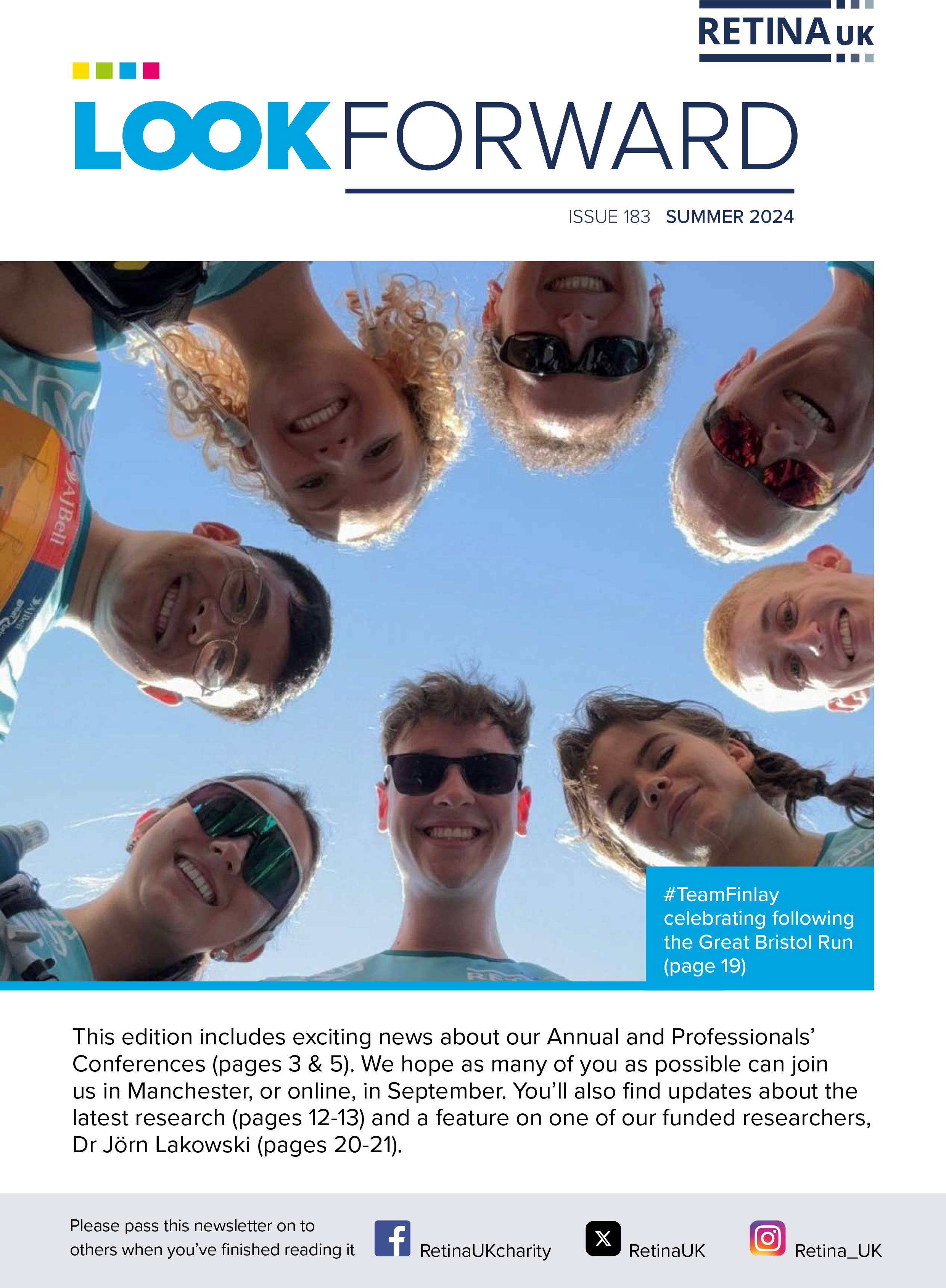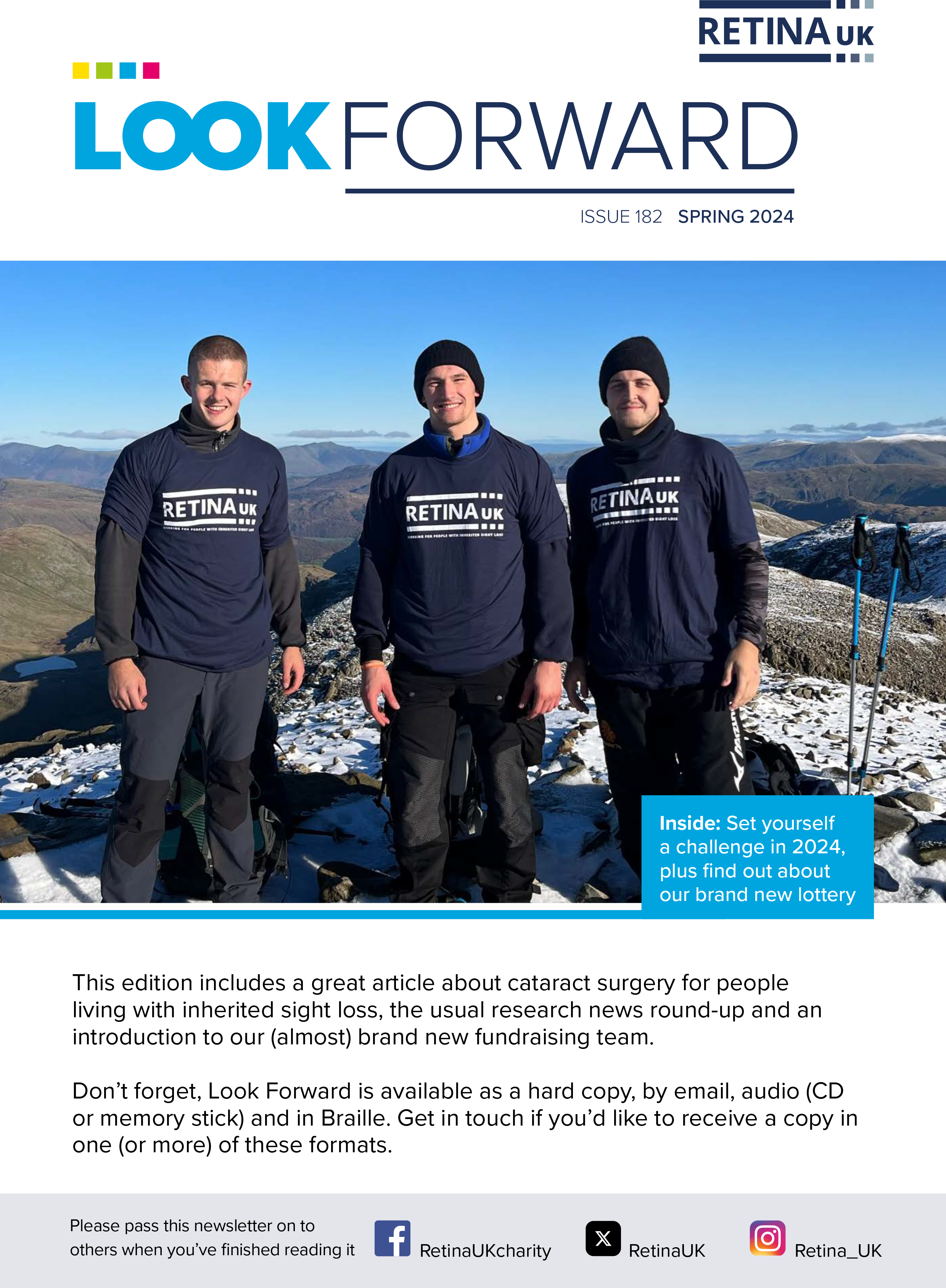Significantly worse vision found in female carriers of X-linked RP and Choroideremia
It was previously believed that female carriers of X-linked inherited retinal diseases (IRDs) like X-linked retinitis pigmentosa (RP and Choroideremia) remained unaffected by sight loss.




